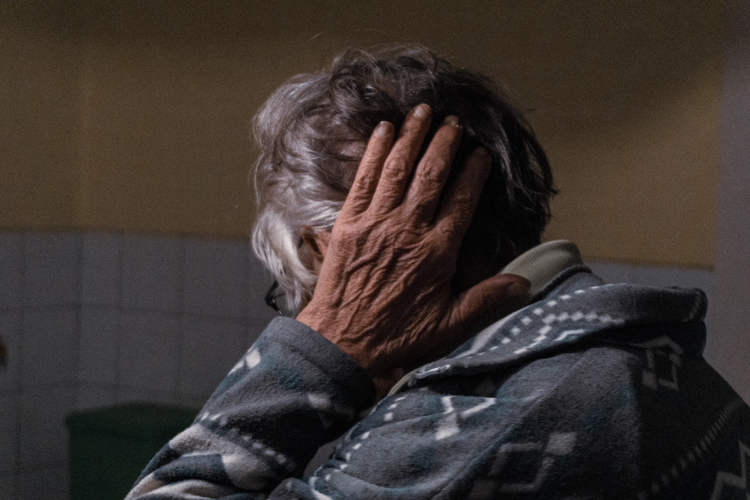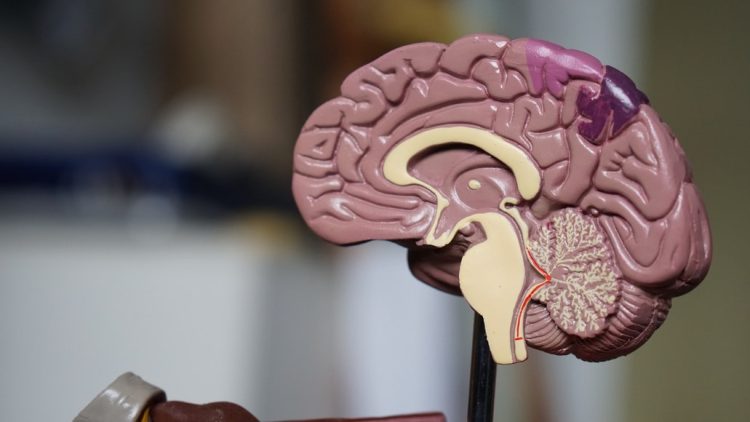A rare condition called déjà vécu has been causing an 80-year-old man to perceive every event in his life as a previous experience, similar to the time loop described in the movie Groundhog Day.
Can you imagine watching TV and seeing the same thing over and over again, or trying to read a new book only to find yourself looking at the same pages you read the day before? How about driving and seeing the same cars behind you every day, or walking past the same people as you’re strolling down the street? It sounds like an eerie experience worthy of shows like The Twilight Zone or Black Mirror, but it’s actually the life of people suffering from an extremely rare condition known as déjà vécu. Believed to be a complication of Alzheimer’s disease, déjà vécu is the persistent impression that any new encounters are just repetitions of previous experiences.

Photo: Jan Krivec/Unsplash
A team of doctors in New South Wales, Australia, recently published a report about an 80-year-old retired man suffering from déjà vécu who was convinced that he was relieving the same day on repeat. Despite his family’s attempts to convince him that he was only imagining this, the man was overconfident that he was experiencing a sort of Groundhog Day loop.
“Every day is a repeat of the day before,” the patient told researchers. “Wherever I go, the same people are on the side of the road, the same cars behind me with the same people in them. The same person gets out of the cars wearing the same clothes, carrying the same bags, saying the same things … nothing is new.”
According to the case study published in the journal BMJ Case Reports, at one point, the man contacted a TV technician because he thought his TV set was repeatedly showing the same news. On another occasion, he was convinced that his e-reader was broken because it kept displaying the same book pages. Try as they might, his family couldn’t convince the man that he was imagining things.

Photo: Robina Weermeijer/Unsplash
Scientists don’t know for sure what causes déjà vécu, but some believe that it has something to do with a dysfunction of the hippocampus, the part of the brain that helps convert short-term memories into long-term ones. Sufferers often don’t understand what is happening to them, and they can develop delusion-like false beliefs to justify their perceptions.
The authors note that, two years after the onset of déjà vécu, the man’s “recollective confabulation symptoms remain pervasive and bothersome,” but “he continued to live at home and remained independent with self-care”.
After examining the man’s cerebrospinal fluid, doctors found a reduced level of the protein amyloid beta-42 but elevated levels of the tau protein, which were indicative of Alzheimer’s disease.












